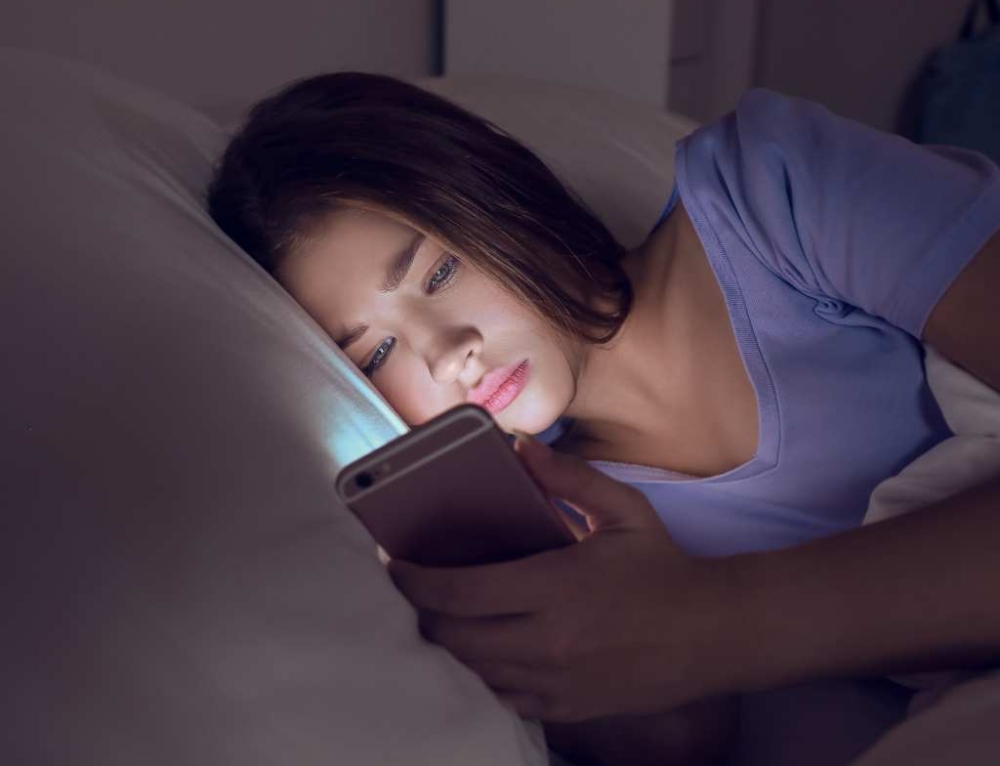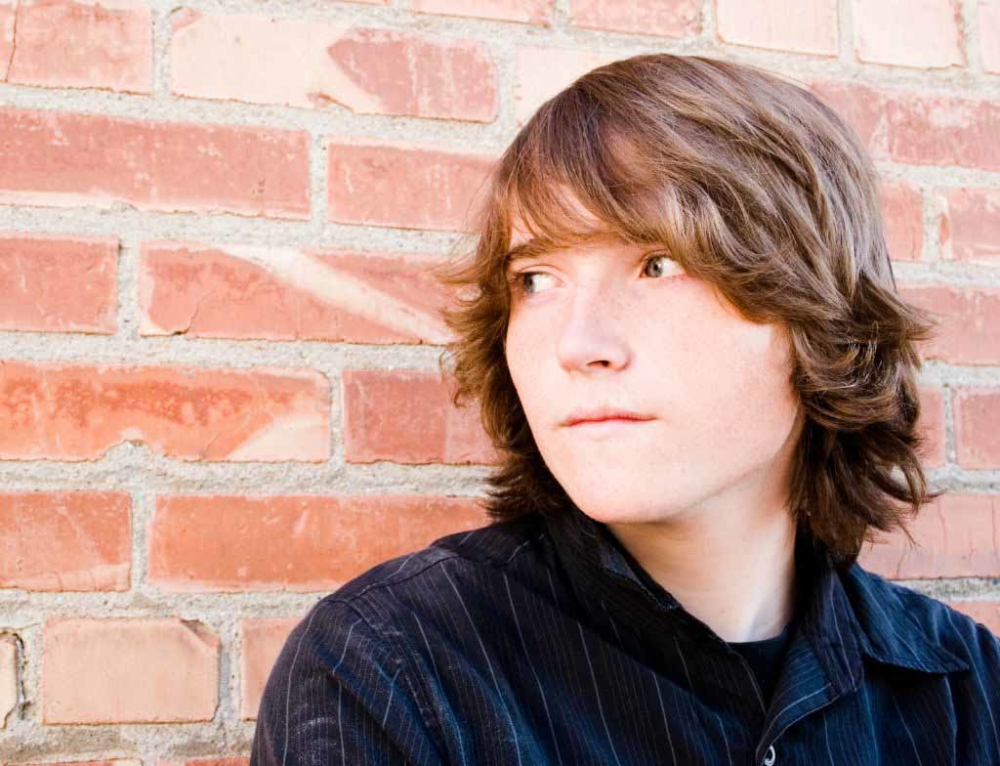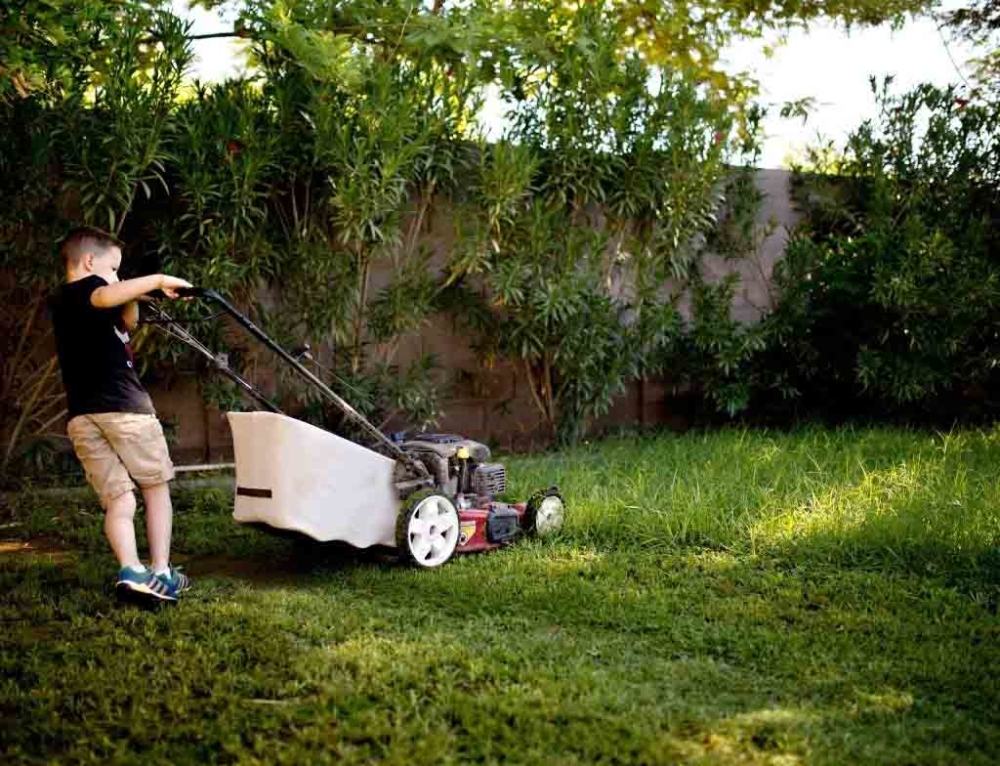Teenagers, puberty and bad skin seem to go hand in hand. So what’s going on in their young bodies that cause these skin breakouts? Increased hormones due to puberty are the major culprits, but you don’t have to resign yourself to bad skin for the duration of puberty there are simple things you can do to lessen the breakouts.
Acne – what is it and what causes it in hormone skin?
Acne is caused when the pores of the skin become clogged with excess oil, or sebum. Rampant hormones cause the body to produce this extra sebum, which can become a breeding ground for bacteria which thrives in the excess oil on puberty-fuelled skin. Coupled with this, as dead skin cells regenerate and shed from the skin, they can get caught up in this oily, bacterial mix.
The acne most teens experience is known as ‘acne vulgaris’ and appears on the neck, face, chest, back and shoulders. The most common types of acne on hormone-prone teen skin are:
- Blackheads: occurs when a pore gets clogged with sebum yet remains open. The sebum oxidises and become dark, giving it the ‘black’ appearance of its name.
- Whiteheads/pimples: occurs when the wall of a pore opens up, allowing bacteria, oil and skin cells to get under the skin. They start with a white-tipped bump on the skin (whitehead) and resulting in a swollen red pimple protruding from the skin, sometimes with a large pus-filled top.
- Acne cyst (or nodules): occurs when clogged pores open deep within the skin and become infected. Acne cysts are usually bigger than pimples and more painful. Large cysts that seem like pimples are often in fact boils caused by a staph infection.
Acne versus pimples
There is a definite difference between acne and the occasional pimple. Having one or two pimples is normal for hormonal teenage skin, whereas excessive amounts of blackheads, pimples or cysts are the hallmarks of acne. Acne also appears persistently and for long periods in the same areas of skin. General over-the-counter treatments will help a pimple outbreak, whereas acne, and in particular severe acne, requires more aggressive treatment and should be treated with medication prescribed by a dermatologist.
What treatments will help my child’s skin improve?
During puberty, the best treatment for acne is a mixture of advice and topical treatments prescribed by a GP or dermatologist, as well as keeping the skin clean, not touching the affected area and improved diet to alleviate symptoms.
Diet and acne
Some experts believe foods high in both trans and saturated fats contribute to breakouts in skin prone to acne. Others believe diets high in calories, or excessive food consumption, result in higher hormone production and therefore more acne breakouts.
However, a joint study by RMIT and the Department of Dermatology at the Royal Children’s and Royal Melbourne hospitals devised a teenage diet to improve hormonal acne-prone skin, and reduce excess oil production. The Teenage Anti-acne Diet is a diet high in protein but low in GI can greatly reduce the effect of excess oil, hormones and acne on teenage skin.
Stress and acne
Contrary to popular belief, studies have not yet found stress alone to be a cause of acne in pubescent skin. However, stress combined with teenage hormones may trigger the skin to produce more oil or sebum, which results in blocked pores. Futhermore, acne itself will often result in extra stress for a teenager, making her feel self-conscious about her spotty skin.
Medicinal and topical treatment of acne
If you have concerns about acne or problem skin during your teen’s puberty, take her to see a GP, or even better, a dermatologist. A medical professional can assess the level of the acne and take steps to improve the condition of the skin. Dermatologists are the best equipped to treat severe acne; these treatments may take the form of medication or medicated creams to reduce the effect of the condition.
There are a bevy of over-the-counter products to treat the occasional pimple and even moderately severe acne, from cleansers, on-the-spot treatments, scrubs, creams and face masks. Be wary of the products you purchase, as some can contain ingredients too harsh for young skin and cause further inflammation. Look for terms such as ‘oil-free’, anti-bacterial, and ‘deep cleansing’, and always follow directions. Watch the level of alcohol in a product; too much will dry the skin out, causing it to create even more oil.
Hygiene and acne
There are some basic hygiene tips to keep acne at bay for teens experiencing bad skin:
- Wash the skin on the face gently twice a day with a medicated wash. Also do the same straight after vigorous sport, or a hot day.
- Use a gentle toner that has anti-bacterial and balancing properties over the skin after washing.
- Follow with an oil-free, anti-acne lotion or serum with anti-bacterial properties.
- For body acne, use a medicated body wash in the shower. Wear loose fitting, breathable clothing.
- A deep cleansing, anti-bacterial mask once a week may extract built up oil from the skin.
- Keep long hair tied back.
- NEVER pick, pop or scratch acne prone skin resist touching it all together to prevent the spread of bacteria.
Do genes play a part in acne?
While you may have suffered from acne in your own teen years, no study has yet concretely proven genes play a direct part in problem skin. However, if your teenager’s skin is similar in oil production to yours at the time of puberty, it seems likely they will also experience acne.
This article was written by Lauren Rowland for Kidspot, New Zealand’s best parenting resource. Sources include Kids Health and Medicinenet.







Great article. We are not at this stage yet but will be coming up to it soon. Thanks Kymmage about the avocado tip, my daughter loves them so will try this if we need to.
Miss 14 is having a few issues in this area atm. It’s not great for her self-confidence. I am not really sure how to help her other than to buy her skin care products (which I have) I will suggest that she reads this and it might help her to get a better understanding of what’s going on and how manage it.
I had terrible acne as a teen, it actually started early at about age 11 as I think it was because I hit puberty very early. Was AWFUL! So bad that I went to the Doctor once for a chest cold and while she was listening to my chest, she said “would you like me to prescribe something for your face while you’re here??” Nearly died hahaha. I think diet has a huge part, drinking water and keeping your skin clean. Those are the things I’ll be trying to impart to our daughter anyway 🙂
Our children are not near the age that they will need acne advice but good friends are going through this right now with their teens so this is the perfect article to forward on to them to help out.
This article was a great read I have 2 boys heading into puberty and from tween to teen and haven’t had to deal with skin breakouts I was incredibly lucky my to not really suffer from too many pimples through my teenage hood. I will deff invest some gentle natural face cleanser for them both and maybe just start getting the into the habit of doing it now so if it when it happens their well on their way to having a cleansing routine and won’t see it as being too girly
Keeping the skin clean is very important and a good diet will help as well to not have as many pimples and acne but sometimes for teenagers that is easier said than done. Also trying not to pop them is a hard thing even though you want to as it can scar the skin.
Great tip about reading the label and making sure that the product will suit teenage skin! My brother use to swear by eating avocado whenever his skin was breaking out. So I guess diet can have an impact. But main thing is to keep your skin clean